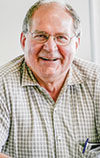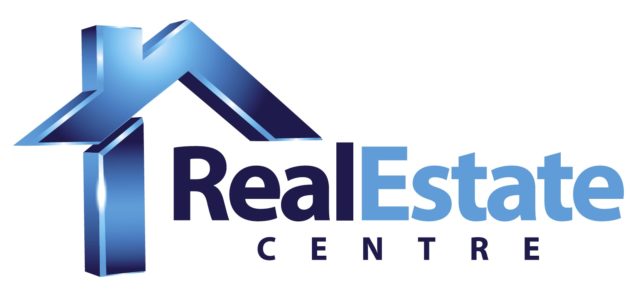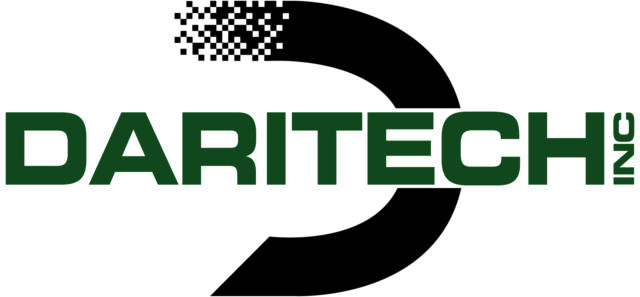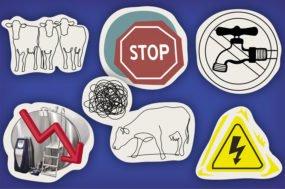Pricing that protein competitively will mean lower farm gate prices, and that will mean managing with sharper pencils and learning to get by with a little less margin, especially in times when world prices are low.
Speakers at the 2016 South Western Ontario Dairy Symposium will tackle this issue from several angles. Michael Barrett, president and CEO of Gay Lea Foods, will provide an overview of how the trade deals and protein surplus will affect each segment of the industry, as well as sharing his take on the best road forward.
Gay Lea is Ontario's only large dairy processing cooperative, and despite its base in the challenging butter and powder sector, it has an excellent track record of growth through new product development and acquisitions. As a major processor directly responsible to his producer members, Barrett has the unique role of having to operate successfully in a highly competitive dairy processing sector while also protecting the interests of producer members.
In terms of coping with lower prices, European dairy farmers are struggling to make ends meet, and while we hope nothing like that ever happens here, there are lessons about maximizing efficiency and eliminating waste that can be learned from what they are going through. Dutch dairy expert Dr. Jan Hulsen, popular author of the CowSignals dairy management books, has watched the Dutch dairy industry adjust and has made a study of eliminating waste and managing leaner. He will share practical insight into what the best Dutch farmers are doing to make ends meet in tough times.
Hulsen has an MBA in strategic management and strong links to producers, so he knows the theories but also the realities of what happens in the barn and in the parlour. His most recent book, Economics and Milking, follows the tradition of all the CowSignals titles by explaining good and bad practices in very clear terms with many illustrations. As an internationally sought-after speaker, Hulsen's style on the podium is just as clear and refreshing as his books are.
Producer speakers are always well received, and we have invited two outstanding young dairymen to share their stories this year. Both of these herds are averaging 40 litres per cow, so we have asked Keith Groshek and Martin Schouten to share the management practices they feel contribute to their good results. Both herds have also faced the added challenge of embracing new technology. Groshek Dairy in Amherst Junction, Wisconsin, has nearly doubled their herd size in three years, and they have chosen to milk their 220 high-producing cows with four DeLaval VMSs. Schouten Dairy chose robotic milking five years ago. With nine Lely A4s, they rank among both the biggest and most productive robot herds in Canada. We have asked these young dairymen to focus on success factors and not just robots, so there will be practical take-home advice for everyone.
Agronomist Peter Johnson, recently retired from OMAFRA (Ontario Ministry of Agriculture, Food and Rural Affairs), will share cropping tips for dairy, and Dairy Farmers of Ontario Chair Ralph Dietrich will be on hand to answer questions at the end of the program.
The symposium is a nonprofit dairy event organized by local milk committees. It takes place on Thursday, Feb. 18, at the Woodstock Fairgrounds in Woodstock, Ontario. For more information, check the South Western Ontario Dairy Symposium website. PD
Jack Rodenburg is the program coordinator for the South Western Ontario Dairy Symposium.









